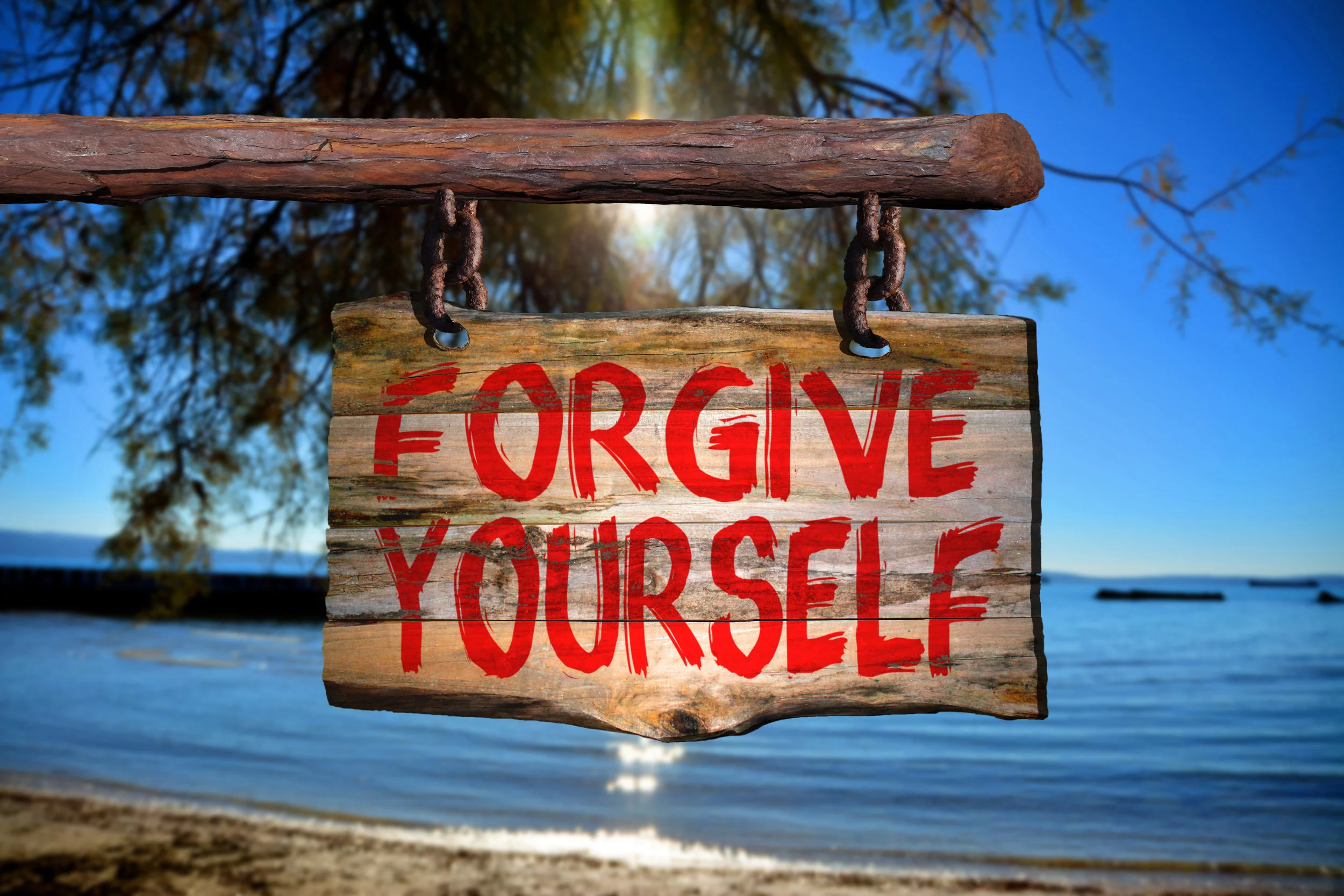*Lit, 1999
Most –
No, scratch that. All of the chronic patients I know are perfectionists. We have to be, don’t we? We are given instructions by our medical team, modified to fit ourselves and our lives, in order to mitigate the symptoms and effects of our conditions as much as possible. Keeping on that path, as straightly and narrowly as we can allows us to live as normally as possible.
One friend with Celiac disease went out for Thai food the other night. She ordered the usually safe Pad Thai. Only this time, there was soy sauce in the Pad Thai, and she suffered for it. The symptoms were fairly mild, and over soon, but she still beat herself up mentally for the slip, even though it was an unforced error.
I do this to myself on a regular basis. I spent a lot of time deliberately not following directions from my doctors when I was a teenager. Everyone is young and stupid once, right? But I didn’t do it because I didn’t know what to do. I did it because I thought I knew better. The consequences were delayed so I thought I was getting away with it. Even the first round of serious complications – nerve damage (neuropathy) and fluid seepage into my retinas (retinopathy) – stabilized and subsided fairly quickly.
I got back on the straight and narrow then. I didn’t want more consequences. But the damage was done, and 10 years of “good behavior” couldn’t stop the development of kidney disease. There’s no direct evidence, of course, but I am fairly sure that my six years of teenage rebellion cost me about 50% of my kidney function and has shortened my lifespan. I carry a lot of guilt for that. So, any time I stray off the path my medical team and I have determined for me, I feel guilty that any mistakes might make my complications worse (and my life shorter).
That’s not fair. None of us is perfect and staying on a strict regimen is hard.
I’m Jewish and our most serious holiday, Yom Kippur, starts tonight at sundown. In my world, this is a time of reflection and atonement. We forgive those who have hurt us and ask forgiveness from those we may have hurt, whether intentional or not. So, why not ask forgiveness of ourselves?
That question has come up lately as my psychologist tries to get me to be gentler with myself. If someone told me they were doing what I was doing, would I be as harsh with them as I was with me? No, of course not. I would try to make them feel better and point out that they can always stop what is causing their guilt. Tell them that they can find the path they want again. It’s right there. Whenever they’re ready.
I can do that, too. I can forgive myself for past behavior, no matter how bad it was. I stopped, didn’t I? Not every new slip means a return to the old rut. But that’s hard, too. It means changing longstanding thought patterns and letting go of the habits of a lifetime. Like I said hard, but I bet it will feel better – lighter – if I do.
I know most of you aren’t Jewish, but this is an idea worth considering. We deserve a little gentleness, as hard as we work to keep ourselves healthy. We go through a lot—bad days we can’t explain, frustration with a body we can’t always control. So, let me ask you. Do you beat yourself up for every slip or most or a few? If you do, is it unconscious or do you hear your thoughts when you take yourself to task? Do you forgive yourself or have you not thought about it? And if not, why not?
Or maybe it should be, and if not, why not yet?

